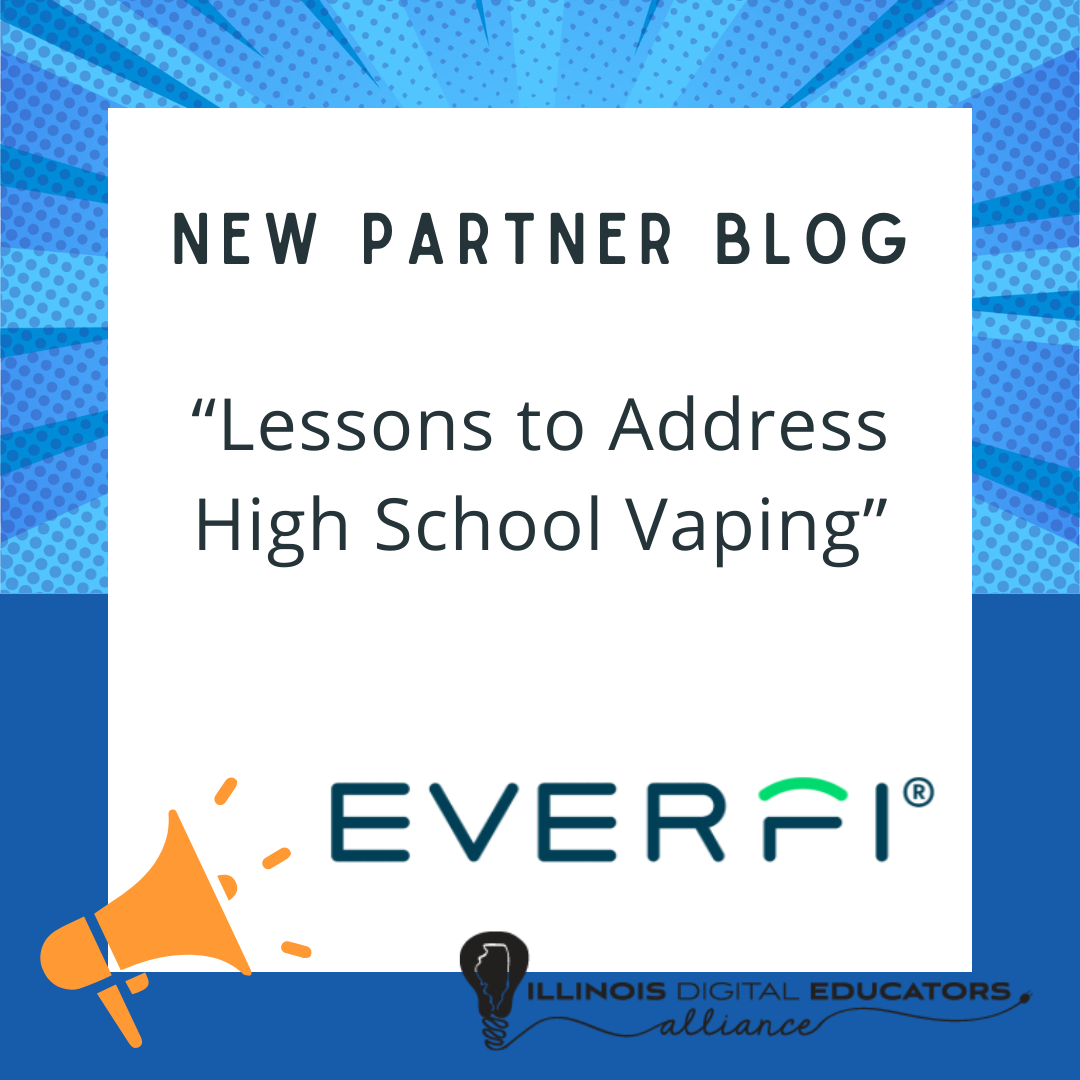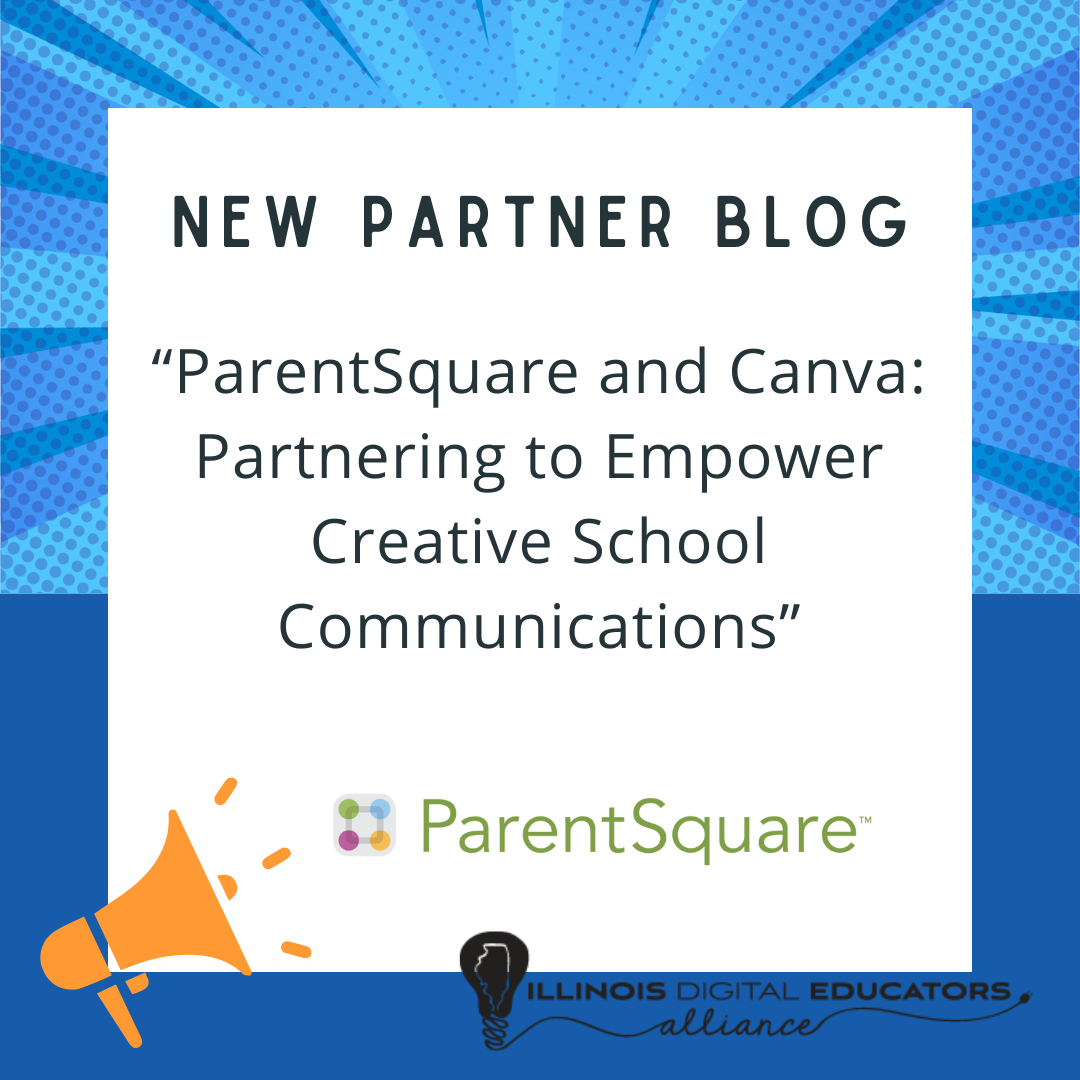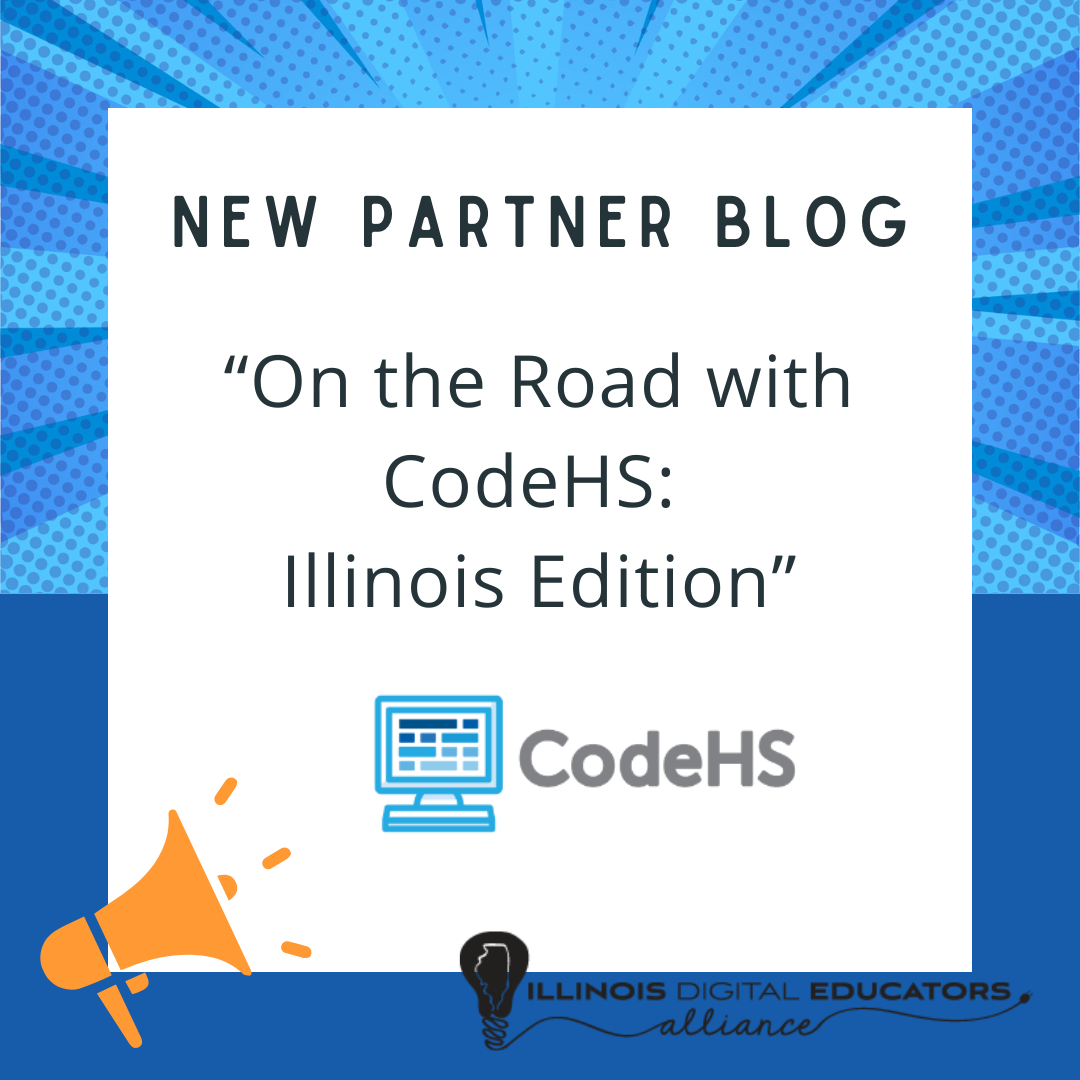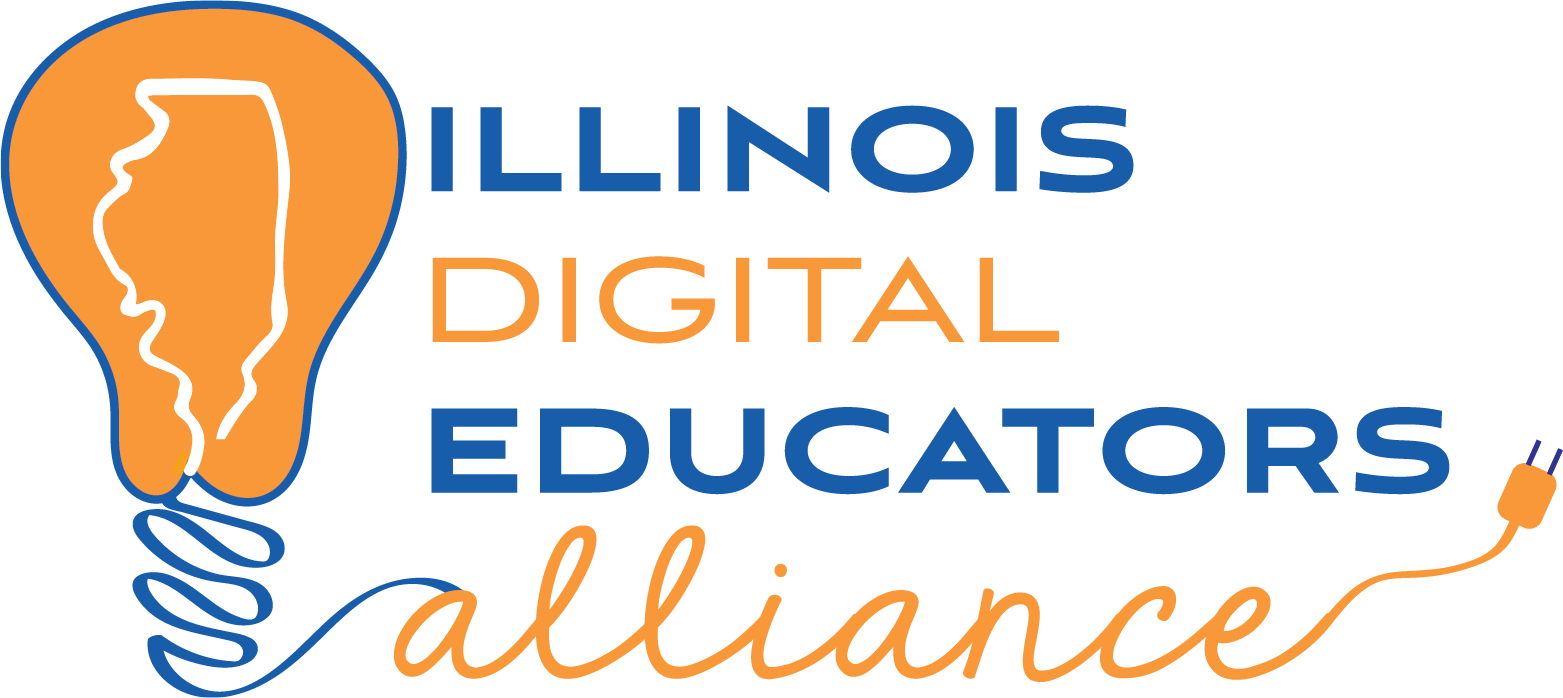IDEAcon: A Partner’s Perspective

A few weeks ago, I had the incredible opportunity to represent Common Sense Education at IDEAcon, a thought leadership conference focused on current education topics and innovative practices.The experience was transformative, bringing together featured speakers, a dynamic exhibit hall and highlighting educator stories. Check out my session recaps below.
1. Digital wellbeing: Do your tech habits support or hinder your values?
This session centered around Common Sense Education’s
digital wellbeing lesson collection for grades 6-12. These lessons are designed to empower students to develop a balanced approach to their tech use.
2. Digital Citizenship: Thinking Outside the Box
I had the opportunity to present with Dr. An Wren, an elementary educator in a large urban school district that showcased the idea of using Book Creator to create The Kindness Book: A schoolwide collaborative book that shares all the kind things we do both online and offline. We created super digital citizen trading cards using Adobe Express and shared literature that can jumpstart the digital citizenship conversations in your classroom.
3. Championing Device Free Classrooms: Key Questions to Inform Your Cell Phone Policy.
Research reveals that 72% of high school teachers identify cell phone distraction as a major problem in the classroom, with 97% of 11- to 17-year-olds who have smartphones using them throughout the school day. While 77% of U.S. schools already have policies prohibiting device-use for non-academic purposes, implementation remains a challenge.
- Empower students to discuss the benefits and drawbacks of a school-wide cellphone ban.
- Equip educators with research-backed implementation strategies, professional development resources, and classroom management tools to create engaging phone-free learning spaces
- Engage parents as essential partners through clear communication frameworks and practical guidance for reinforcing healthy digital boundaries.
But the real magic of IDEAcon wasn't just the content; it was the people. I had the privilege of meeting incredible educators, storytellers, problem solvers, and education enthusiasts from all walks of life. Each conversation was a source of inspiration, sparking new ideas and igniting a passion for innovation. It's truly inspiring to see so many dedicated individuals committed to shaping the future of education.
We shared stories, exchanged ideas, and laughed a lot! It's amazing how much you can learn and grow when you're surrounded by like-minded individuals who are passionate about making a difference.

Jennifer Ehehalt is the Sr. Regional Manager at Common Sense Education. As a former elementary educator, Jennifer has over 20 years of experience in education. Jennifer designs and delivers high-quality professional development opportunities for educators across the country. She spotlights thought leaders by creating and moderating conversations on timely topics relevant to digital teaching and learning. She holds a bachelor’s degree in elementary education and a master’s degree in educational leadership.
RECENT ARTICLES




